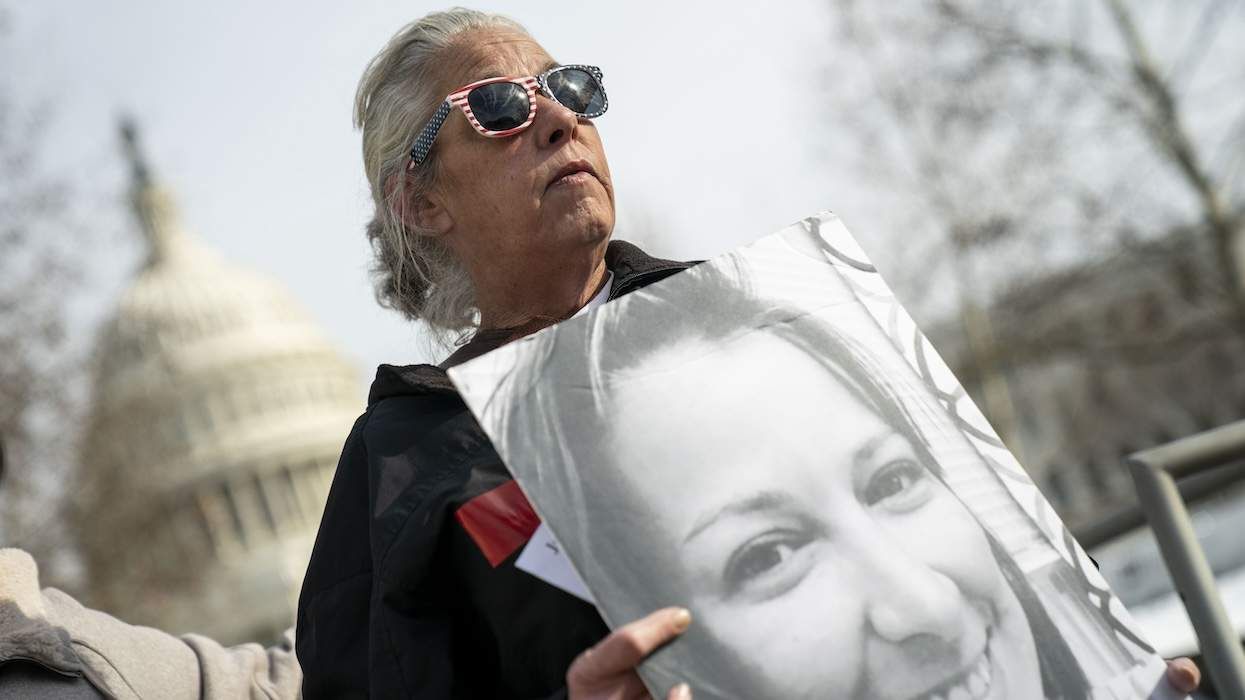Illinois Gov. Bruce Rauner has vetoed a bill that would have expanded the state's nondiscrimination law to cover even the smallest businesses.
The Illinois Human Rights Act applies to employers with 15 or more workers, but the vetoed legislation, House Bill 4572, would have made it apply to all employers in the state. The Illinois Human Rights Act was enacted in 1980, banning discrimination based on race, sex, and several other factors, and was amended in 2006 to ban discrimination based on sexual orientation and gender identity.
In a Monday veto message shared by Capitol Fax, Rauner, a Republican, said that expanding the act would "impose further liability on Illinois small businesses." The act's "15-employee threshold mirrors the federal definition of employer in Title VII of the Civil Rights Act, the Americans with Disabilities Act, and other anti-discrimination statutes enforced by the U.S. Equal Employment Opportunity Commission," he wrote to legislators. "This longstanding and well-reasoned threshold balances the need to foster fair, equitable and harassment-free workplaces across the State with the lopsided burden that discrimination claims impose upon small businesses and startups, in comparison to large organizations with in-house compliance, human resources, risk management, and litigation defense functions."
In vetoing the bill, sponsored by two Democratic lawmakers, Rauner has "betrayed Illinois' values of equality and fairness," according to LGBTQ rights group Equality Illinois. "At a time when anti-equality forces are working overtime to establish licenses to discriminate and the next U.S. Supreme Court could begin to turn back the clock on civil rights laws, Gov. Rauner failed Illinoisans [Monday]," said Michael Ziri, director of public policy at Equality Illinois, in a press release. "He could have sent a powerful and unmistakable message that Illinois is best and strongest when state law protects all workers from discrimination. Instead, Gov. Rauner effectively said it is OK to discriminate in the workforce at thousands of Illinois businesses on the basis of someone's race, sex, national origin, sexual orientation, or gender identity. Shame on him."
The nondiscrimination laws in Chicago and Cook County already apply to all businesses, the group noted.
Employment discrimination particularly affects transgender people, Equality Illinois pointed out. According to the 2015 U.S. Trans Survey, 15 percent of transgender Illinoisans who have been employed reported losing a job in their lifetime because of their gender identity or expression. In the year preceding the survey, 28 percent of those who held or applied for a job in Illinois during that year reported being fired, denied a promotion, or not hired for a job they applied for because of their gender identity or expression. Illinois respondents who had a job in the past year reported being verbally harassed, physically attacked, or sexually assaulted at work because of their gender identity or expression.
Rauner, a fiscally conservative, pro-business politician, has signed some LGBTQ-supportive bills into law, including one banning the use of conversion therapy on minors and one making it easier to change the gender marker on a birth certificate. He also has marched in a Pride parade in Aurora, a city near Chicago, and officiated a same-sex wedding. In this year's Republican primary, he was challenged by state Rep. Jeanne Ives, who accused him of being insufficiently conservative and ran a racist, sexist, transphobic ad against him. He won the primary nonetheless, and in the November general election he will face Democrat J.B. Pritzker, a business executive who is a cousin of transgender activist Jennifer Pritzker. The Democratic primary race saw contenders spar over who was the most LGBT-friendly.















